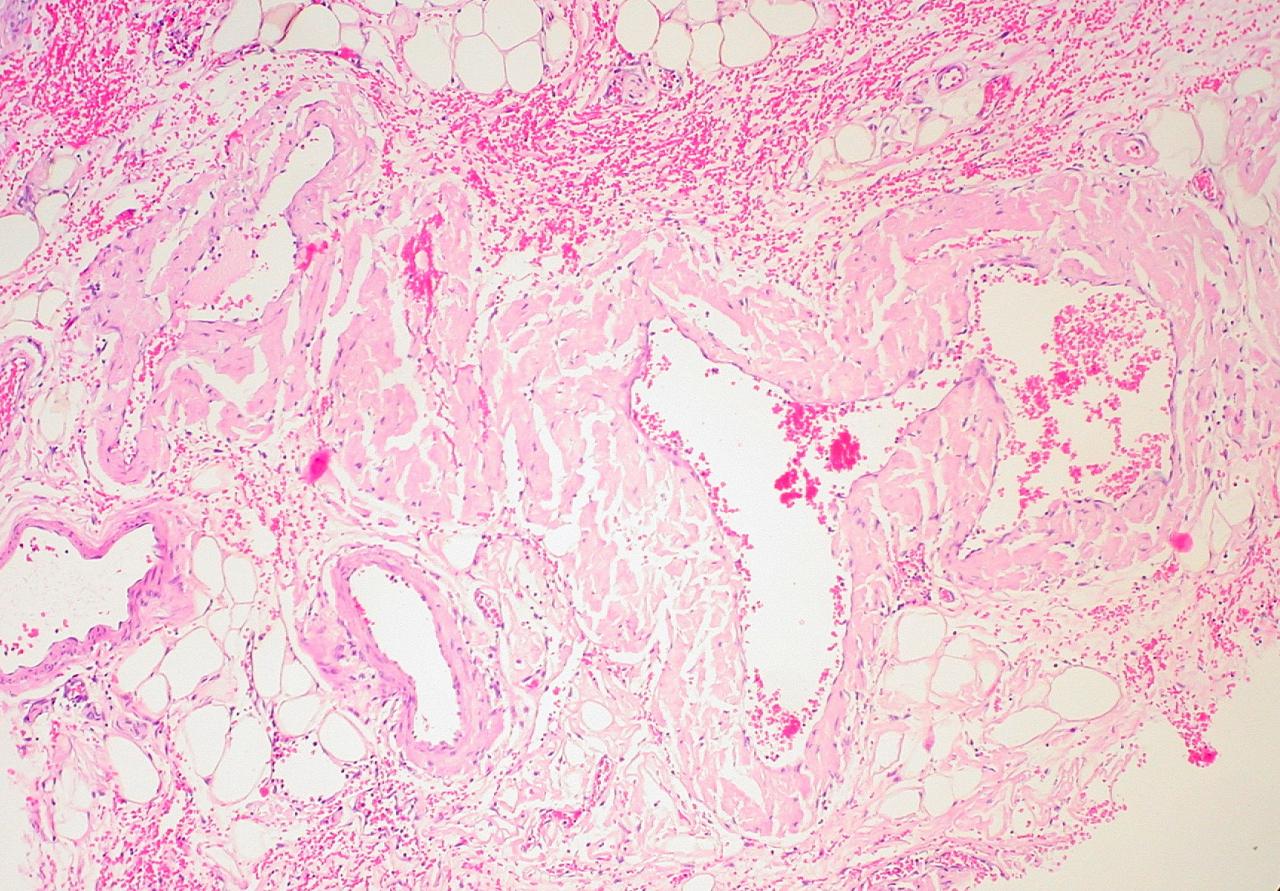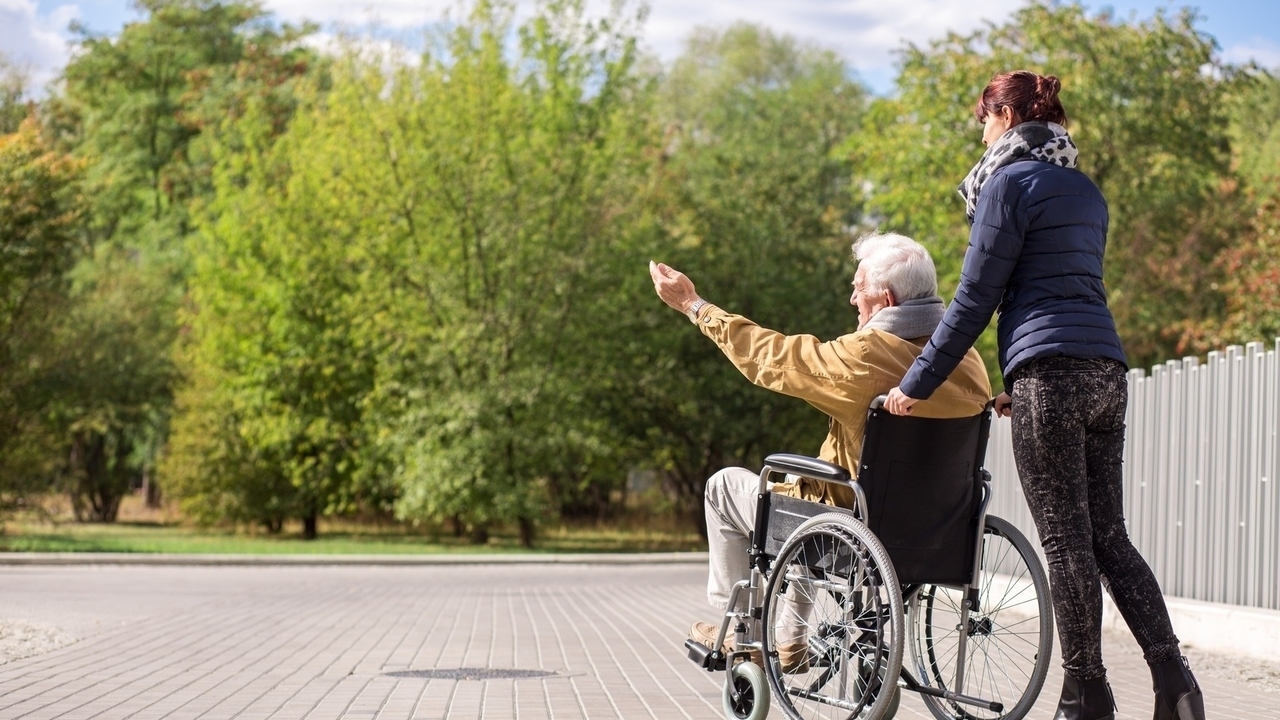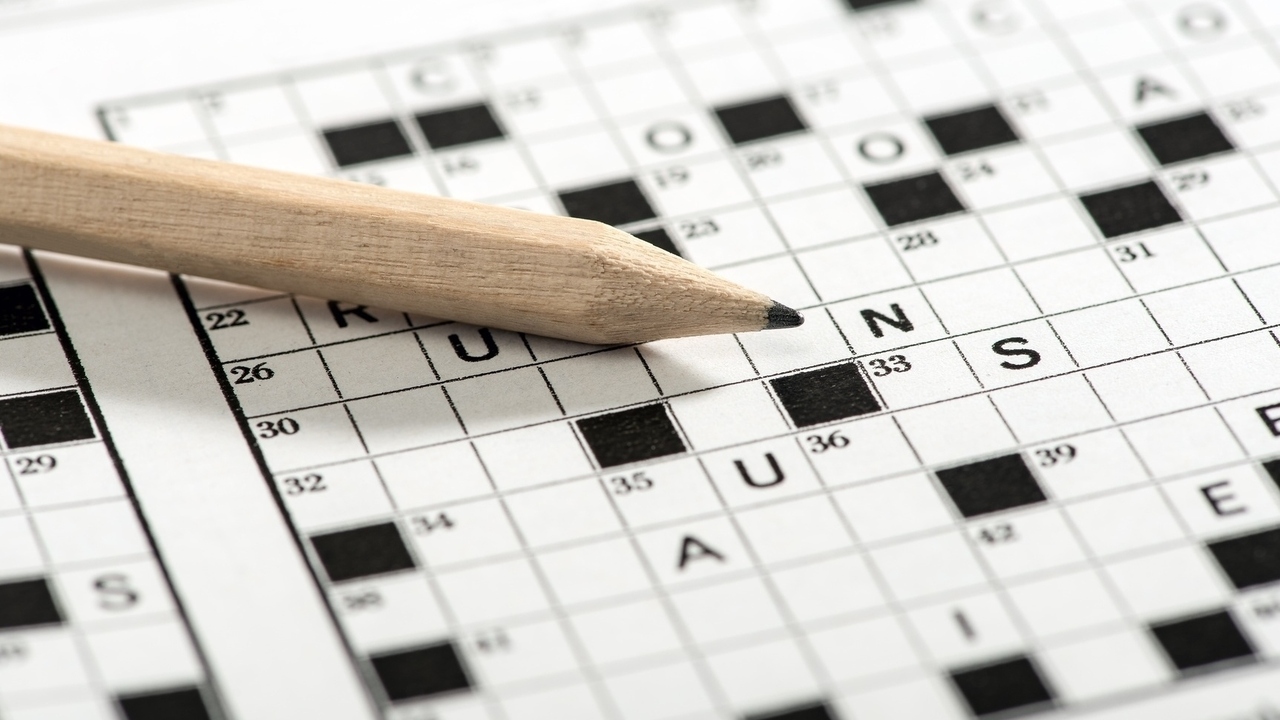Research from the University of South Florida seems to have an astounding result – high-frequency electromagnetic waves from mobile phones actually stopped or reversed the effects of Alzheimer’s disease in mice.
In the study, published in the Journal of Alzheimer’s Disease, researchers exposed 96 mice to electromagnetic waves from a mobile phone antenna for several months. The results showed that beta-amyloid protein fragments in the brain – a primary contributor to Alzheimer’s plaque – were destroyed. From the Tech Herald:
“The core point of hope for Alzheimer’s sufferers is that the electromagnetic waves produced during testing are very similar to those emitted by conventional mobile phone devices – a link scientists feel could hold substantial benefits for those battling the debilitating form of dementia,” the story said.
“The study … found that many months of regular electromagnetic exposure (one hour, twice daily) actually shielded those test mice genetically programmed to get Alzheimer’s and even boosted the memory capacities of regular mice.
“When we got our initial test results showing a beneficial effect, I thought, ‘Give it a few more months and it will get bad for them [the mice],’” commented lead study author and USF professor Gary Arendash in an AFP report.
“It never got bad. We just kept getting these beneficial effects in both the Alzhiemer’s and normal mice,” he added.
From BBC News:
“The researchers, led by Arendash, said that if the phone exposure was started when the Alzheimer's mice were young adults, before signs of memory impairment were apparent, their cognitive ability was protected.
“In fact, the Alzheimer's mice performed as well on tests measuring memory and thinking skills as aged mice without dementia.
“If older Alzheimer's mice already showing memory problems were exposed to the electro-magnetic waves, their memory impairment disappeared.
“Professor Arendash was the author of a previous study that said coffee could protect against Alzheimer's.
He said: "It will take some time to determine the exact mechanisms involved in these beneficial memory effects.
From ABC News:
“But outside experts cautioned that the science in the study -- while mainstream -- is still very early.
“Bill Thies, chief medical and science officer of the Alzheimer's Association, told MedPage Today that the research needs to be repeated and confirmed, and various aspects of it need more study, before it's ready for prime time.
"This is no call for anyone to self-medicate," Thies said.
“Other reactions to the study ranged from "interesting" to "nonsense."
“Neurologist Dr. Alan Lerner of Case Western Reserve University in Cleveland, Ohio, said in an email the researchers took an "an innovative approach to modulating Alzheimer's disease models in mice."
“But he said it's too early to say whether the finding have any relevance to humans.
“Dr. Roger Brumback of Creighton University in Omaha, Neb. cautioned that even science published in reputable journals can turn out to be wrong, adding "extreme caution is necessary until this outcome has been confirmed independently in other laboratories."
The BBC News story:
http://news.bbc.co.uk/2/hi/health/8443541.stm
The Tech Herald story:
http://www.thetechherald.com/article.php/201001/5048/Mobile-phone-emissions-reverse-the-effects-of-Alzheimer-s
The ABC News story:
http://abcnews.go.com/Health/AlzheimersNews/cell-phone-radiation-prevent-reverse-alzheimers-mice/story?id=9497387






Add a Comment1 Comments
I have to agree with the comments of some of the reearchers and say it its interesting.
January 8, 2010 - 10:11amThis Comment